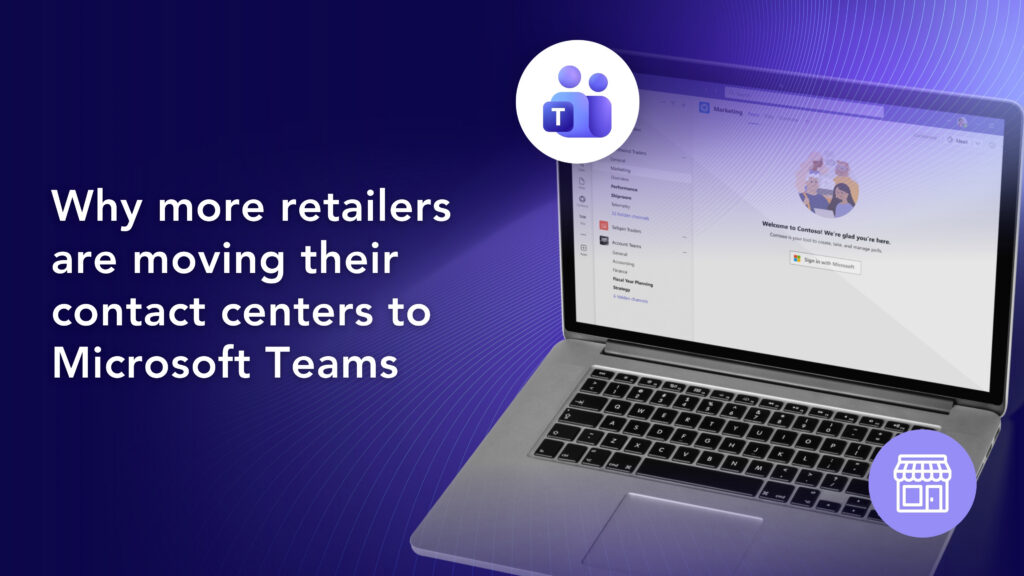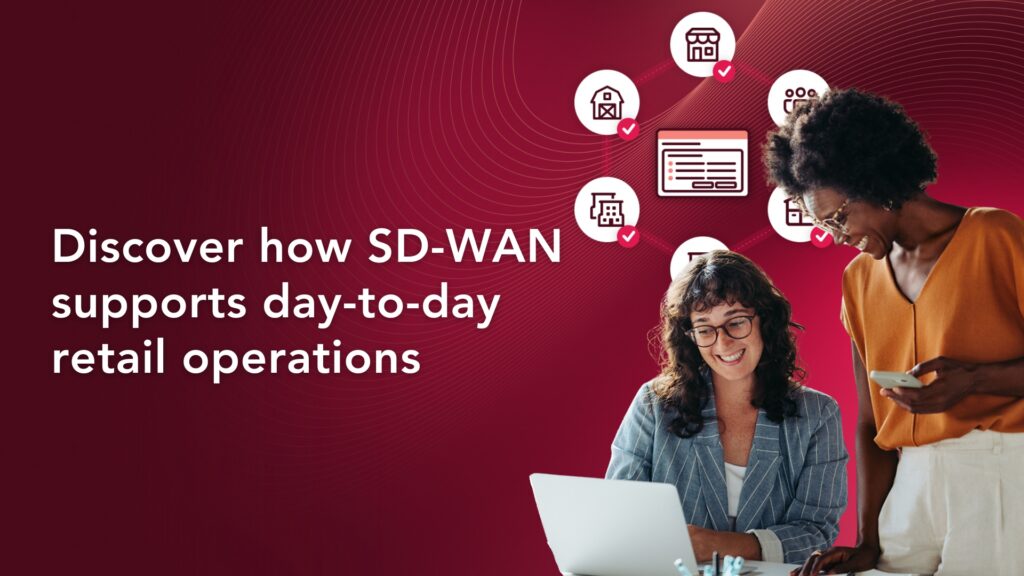Microsoft 365 GCC High is a cloud solution tailored for U.S. federal agencies and their partners needing top-level security and compliance. It surpasses other environments in protecting sensitive data, adhering to rigorous standards like DFARS and CMMC. In this guide, we’ll uncover the essential features and compliance advantages of GCC High.
Key Takeaways
Microsoft 365 GCC High is specifically designed for U.S. federal agencies and partners, providing robust security and compliance through features such as ITAR data management, exclusive access by U.S. citizens, and data residency within the U.S.
GCC High differentiates itself from standard GCC and DoD environments by offering enhanced security measures and stricter compliance standards, making it suitable for organizations handling sensitive government data and requiring certifications like CMMC and DFARS.
Migrating to GCC High demands thorough planning and the expertise of certified partners, with tools like BitTitan and ShareGate facilitating the process. However, organizations must be aware of potential limitations such as feature parity issues and external sharing restrictions.
Understanding GCC High and Its Importance

Microsoft 365 GCC High is a customized solution for U.S. federal agencies and their partners. It offers:
Security and compliance standards superior to standard GCC and DoD environments
Management of ITAR (International Traffic in Arms Regulations) data
Exclusive access to sensitive information by U.S. citizens
Data remaining within U.S. borders
This government cloud solution is pivotal in ensuring the security and compliance of sensitive information for U.S. federal agencies and their partners in cloud computing environments.
What sets GCC High apart is its alignment with high compliance requirements such as CMMC (Cybersecurity Maturity Model Certification) and DFARS (Defense Federal Acquisition Regulation Supplement), making it an indispensable tool for organizations handling sensitive government data. As we delve deeper, we’ll explore the distinctive features and benefits that make GCC High a preferred choice for many entities.
Key Differences Between GCC and GCC High
While both Microsoft GCC and GCC High cater to government agencies, the key differences lie in their:
Hosting locations
Data centers
Compliance
Pricing
GCC data is hosted in a separate enclave of the Azure Commercial cloud, whereas GCC High and DoD data are stored in the ‘US Sovereign Cloud’ within the Azure Government environment. This ensures that GCC High data centers are located solely within the U.S. and managed by background-checked U.S. personnel.
GCC High is designed to meet more stringent security requirements, making it suitable for protecting export-controlled CUI at CMMC Level 2 or above. This heightened security comes at a higher cost, reflecting the additional controls and infrastructure needed to maintain such rigorous standards. Grasping these differences enables organizations to make informed decisions about the environment that best aligns with their needs.
Microsoft 365 DoD vs. GCC High
Microsoft 365 DoD is an exclusive cloud environment for the Department of Defense, while GCC High serves organizations supporting the DoD with similar security standards. Both environments share high-security measures, but GCC High tenants operate within their own sovereign cloud, ensuring compliance with specialized security requirements.
While Microsoft 365 DoD is limited to DoD personnel, GCC High is accessible to contractors and other entities supporting the DoD, providing a secure solution for handling critical data like CUI. Comprehending this distinction is imperative for organizations as they navigate their compliance and security requirements.
Compliance Requirements for GCC High

GCC High meets rigorous compliance standards, including:
FedRAMP High
DFARS 7012
ITAR
CMMC
These certifications ensure that the platform can handle the most sensitive unclassified customer data of government entities, including the protection of data subject information. Adhering to these compliance requirements is a necessity for organizations aiming to uphold strict security and regulatory standards.
The following subsections will delve into how GCC High supports DFARS 7012 compliance and aligns with CMMC Levels, providing the necessary framework to ensure compliance and data security.
Meeting DFARS 7012 with GCC High
DFARS 7012 compliance is supported by GCC High through its commitment to a FedRAMP Moderate Impact Level, aligning with NIST SP 800-171 requirements. This includes cyber incident reporting and malicious software protection, ensuring that defense contractors meet necessary regulations.
GCC High can demonstrate compliance through an auditor’s attestation letter, supporting sub-paragraphs (c)-(g) of DFARS 7012. This ensures that organizations can confidently manage their cybersecurity obligations and protect sensitive data.
CMMC Levels and GCC High
For organizations aiming to achieve CMMC 2.0 Level 2 and Level 3 compliance, GCC High is a recommended deployment. It aligns with NIST SP 800-171 standards, helping organizations protect Controlled Unclassified Information (CUI).
However, deploying GCC High alone does not automatically certify an organization for CMMC 2.0. Establishing a proper setup and maintaining ongoing management are vital to guarantee compliance and achieve certification. This underscores the importance of a well-planned implementation strategy.
Features and Benefits of GCC High

Microsoft 365 GCC High offers a range of features that enhance security, compliance, and operational efficiency for organizations handling sensitive data. These include advanced threat protection, data residency and sovereignty, and privileged access management.
The following subsections will explore these features in detail, highlighting how they contribute to a secure and compliant environment for government agencies and contractors.
Enhanced Security Measures
GCC High includes advanced security measures like Microsoft Defender for Identity, Microsoft Defender for Cloud Applications, and Microsoft Defender for Office 365. These tools provide robust protection against threats, ensuring that sensitive data remains secure.
Additionally, Microsoft Purview Information Protection helps discover, classify, and protect sensitive information, while a dedicated secure enclave within a GCC High tenant can restrict access to a fully secured workspace. These features collectively enhance the security posture of organizations using GCC High.
Data Residency and Sovereignty
One of the key benefits of GCC High is its assurance of data residency and sovereignty. Here are some key points to note:
Data within GCC High resides in U.S. data centers
It is isolated from Microsoft’s commercial offerings
This ensures compliance with stringent regulatory standards
By hosting data on Microsoft servers across the U.S. and restricting access to U.S. citizens with specific clearances, GCC High provides a secure environment for handling export-controlled data and other sensitive information. This level of control is vital for organizations managing ITAR and other compliance requirements.
Eligibility and Validation Process for GCC High

To access GCC High, organizations must:
Validate their eligibility as a Category 3 entity
Provide necessary documentation
Demonstrate a valid requirement to handle sensitive government data
Ensure compliance with regulatory standards.
The following subsections will detail who can use GCC High and the steps involved in the validation process.
Who Can Use GCC High?
GCC High is reserved for federal agencies, defense contractors, and other entities handling government-controlled data. To be eligible, an organization must demonstrate U.S. control or location and a valid requirement for handling sensitive data such as ITAR or CUI.
This makes GCC High suitable for small to medium-sized contractors supporting the Department of Defense, as well as other sectors requiring stringent compliance standards.
Validation Steps
The validation process for GCC High involves requesting validation, providing necessary documentation, and working with an AOS-G Partner to submit a licensing request. Required documents include a signed contract, a sponsor letter, and a valid CAGE Code or SAM registration with DUNS.
This process can take 3-7 business days, with Microsoft validating the organization’s eligibility within up to 10 business days. Making sure all documentation is properly arranged can speed up the process.
Purchasing and Cost Considerations

GCC High licenses can only be purchased through select authorized partners, and the costs are typically higher than commercial licenses due to the added security and compliance features.
The following subsections will explain how to purchase GCC High licenses and discuss the cost considerations.
How to Purchase GCC High Licenses
To purchase GCC High licenses, organizations need to complete the eligibility validation and work with authorized partners like R3 and Agile IT. These partners assist with the licensing process and ensure compliance with regulatory requirements.
Microsoft 365 GCC High licenses are available in G1, G3, and G5 tiers, allowing organizations to select the services and features that best meet their needs.
Cost of GCC High
The premium cost of GCC High is attributed to its increased security and compliance features. Organizations can typically anticipate paying around 50% more than the retail cost for equivalent enterprise licenses. This additional expense is common across many industries.
The higher pricing is a result of:
the additional overhead needed to comply with DFARS 7012 and ITAR
the need to maintain separation between Azure Government and commercial operations
the investment in meeting stringent regulatory requirements and operational standards.
Migration to GCC High
Migrating to GCC High requires careful planning and execution, involving a complete migration process and the expertise of experienced professionals. Adequate preparation and the right selection of tools are essential for a seamless transition.
The following subsections will provide details on preparing for migration and the tools and support available.
Preparing for Migration
Preparation for migration involves considering the following factors:
The platform being migrated from
Automation capabilities
Static IP availability
The team’s experience
Proper allowlisting of IP addresses is essential to avoid connectivity issues, and reconfiguring MFA settings is necessary as they cannot be migrated.
Organizations must also plan for the creation of a Systems Security Plan (SSP) and Plan-of-Action & Milestones (POA&M) to ensure compliance during the migration process.
Tools and Support for Migration
Tools like BitTitan and ShareGate are effective for migrating content to GCC High, minimizing end-user disruption and ensuring a smooth transition. These tools help migrate OneDrive, SharePoint, and Teams content efficiently.
Limitations and Challenges of GCC High
Despite its benefits, GCC High has limitations and challenges, including feature availability and data sharing restrictions. Comprehending these challenges is essential for organizations contemplating the adoption of GCC High.
The following subsections will discuss feature parity issues and external sharing restrictions in detail.
Feature Parity Issues
Feature parity issues arise because some Microsoft 365 applications, like Yammer, are not included in GCC High due to their inability to meet compliance requirements. Other unavailable features include Microsoft StaffHub, Office Delve, and external sharing.
Organizations must be aware of these limitations when transitioning to GCC High to avoid disruptions in their workflows and operations.
External Sharing Restrictions
External sharing restrictions in GCC High limit data sharing to other GCC High and DoD tenants only. This can pose challenges for organizations with substantial non-DoD contracting activities or those requiring collaboration with external parties.
These restrictions ensure compliance with government regulations but may require adjustments in how organizations manage their data sharing and collaboration processes.
Real-World Applications and Case Studies
Organizations with stringent compliance needs leverage GCC High to meet data security and regulatory requirements. Real-world applications demonstrate how GCC High addresses specific compliance demands and improves data security.
The following subsections will present case studies of a defense contractor and a federal agency utilizing GCC High.
Summary
In summary, Microsoft 365 GCC High is a powerful solution for U.S. federal agencies and their partners requiring high levels of security and compliance. From ensuring data residency and sovereignty to meeting stringent regulatory standards like DFARS 7012 and CMMC, GCC High provides a secure environment for handling sensitive information.
By understanding the differences between GCC and GCC High, the compliance requirements, and the benefits of enhanced security measures, organizations can make informed decisions about adopting GCC High. Embrace the future of secure and compliant cloud computing with GCC High, and elevate your organization’s data security posture to new heights.
Frequently Asked Questions
What is GCC High, and who is it for?
GCC High is a Microsoft cloud service tailored for U.S. federal agencies and their partners with elevated security and compliance needs, such as ITAR and CMMC. It offers enhanced security and is designed to meet rigorous regulatory requirements.
How does GCC High ensure data residency and sovereignty?
GCC High ensures data residency and sovereignty by hosting data in U.S. data centers and restricting access to U.S. citizens with specific clearances, ensuring that data is kept within the U.S. and protected.
What are the key differences between GCC and GCC High?
The key differences between GCC and GCC High lie in hosting location, data centers, support personnel, compliance, and pricing, with GCC High data stored in the ‘US Sovereign Cloud’ within the Azure Government environment for enhanced security and compliance.
What are the costs associated with GCC High?
The premium cost of GCC High is about 50% more than the retail price of equivalent enterprise licenses, reflecting the additional security and compliance features.
Why Momentum?
Momentum, a leading global managed services provider, is excited to announce the availability of PSTN (Public Switched Telephone Network) Calling and Conferencing services for Microsoft Teams for Government Community Cloud (GCC) High. This release marks a significant milestone in providing secure, reliable, and compliant collaboration solutions tailored for U.S. government agencies and contractors.
The GCC High environment is designed to meet the unique and stringent security and compliance requirements of government agencies. With the addition of PSTN Calling and Conferencing to this environment, government entities can now leverage the powerful collaboration tools of Teams while ensuring compliance with the highest security standards.
Key Features of Momentum PSTN Calling and Conferencing for Microsoft Teams GCC High include:
Enhanced Security and Compliance: Microsoft GCC High’s PSTN and conference calling ensure that all communication meets stringent government security and compliance standards, providing a secure environment for sensitive and classified information.
Seamless Communication: With PSTN integration, users can make and receive traditional phone calls directly within Microsoft Teams, facilitating smooth and uninterrupted communication with external stakeholders, partners, and clients.
Robust Conference Calling Features: Microsoft GCC High offers advanced conference calling capabilities, including high-definition audio and video, screen sharing, and real-time collaboration tools, enhancing productivity and collaboration for remote and hybrid teams.
Reliable and Scalable Solutions: The platform delivers reliable and scalable communication solutions tailored for government organizations, ensuring consistent performance and the ability to support growing communication needs without compromising on quality or security.
We are thrilled to offer PSTN Calling and Conferencing for Microsoft GCC High to our government customers,” said Rick Garcia, EVP of Product and Modern Work at Momentum. “This addition underscores our commitment to providing secure and compliant collaboration solutions that empower all businesses, including government agencies, to achieve their mission-critical objectives with confidence.



